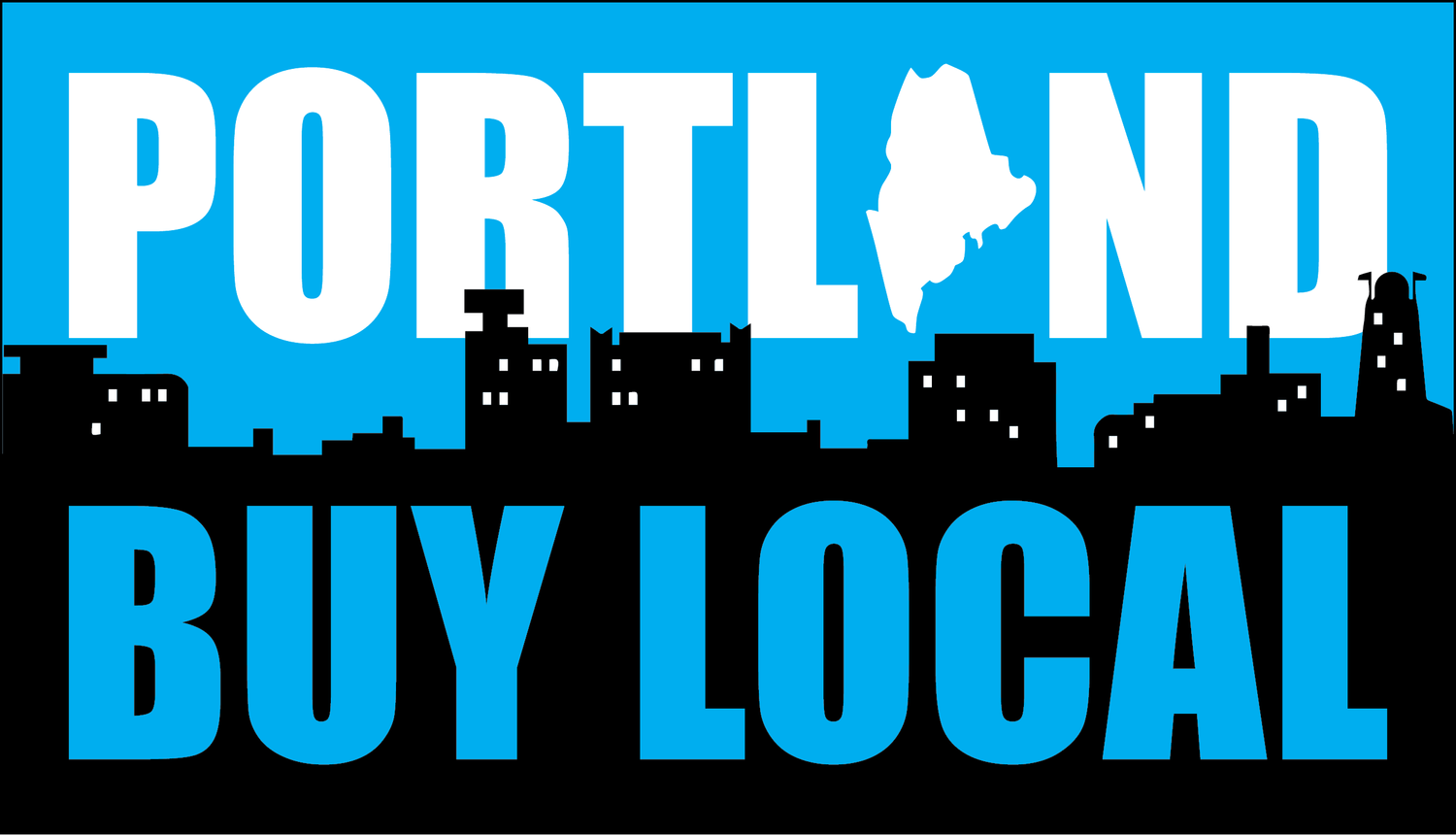How Do Small Businesses Help the Job Market?
While large corporations are often viewed as massive job creators, their existence often comes at the expense of thriving local business communities. The Journal of Urban Economics found that when a big box store opens, for every new retail job created,1.4 jobs are lost as existing businesses are downsized or closed. The smaller local businesses are effectively pushed out. The same study found that the retail payroll in a county where Walmart was introduced was reduced by $1.2 million.
Small businesses also may account for a majority of jobs and job growth in the USA; Using data from the US Small Business Administration, a 2024 Forbes article stated that between 1999 and 2024, small businesses created a net 12.9 million new jobs, representing around two thirds of all employment growth at that time. Additionally, of the 33.3 million businesses in the United States, 99.9% are qualified as small businesses.
An article published in the American Economic Review in 2012 suggested that small, local businesses may also be more resilient in certain economic downturns: During the 2008-2009 recession, employment at large companies declined more sharply than at small businesses. The data suggested that small firms were more resilient in retaining jobs during that period. When the economy slows down and unemployment is high, large companies tend to cut more jobs than small businesses.
Large national chains push out small businesses and lead to reductions in area payroll. Buy local and support a thriving job market in your community.
Sources:
The effects of Wal-Mart on local labor markets, Journal of Urban Economics, December 2006
Top Small Business Statistics, Kelly Main, Forbes, 2024
The Contribution of Large and Small Employers to Job Creation in Times of High and Low Unemployment, Giuseppe Moscarini and Fabien Postel-Vinay, American Economic Review, 2012
